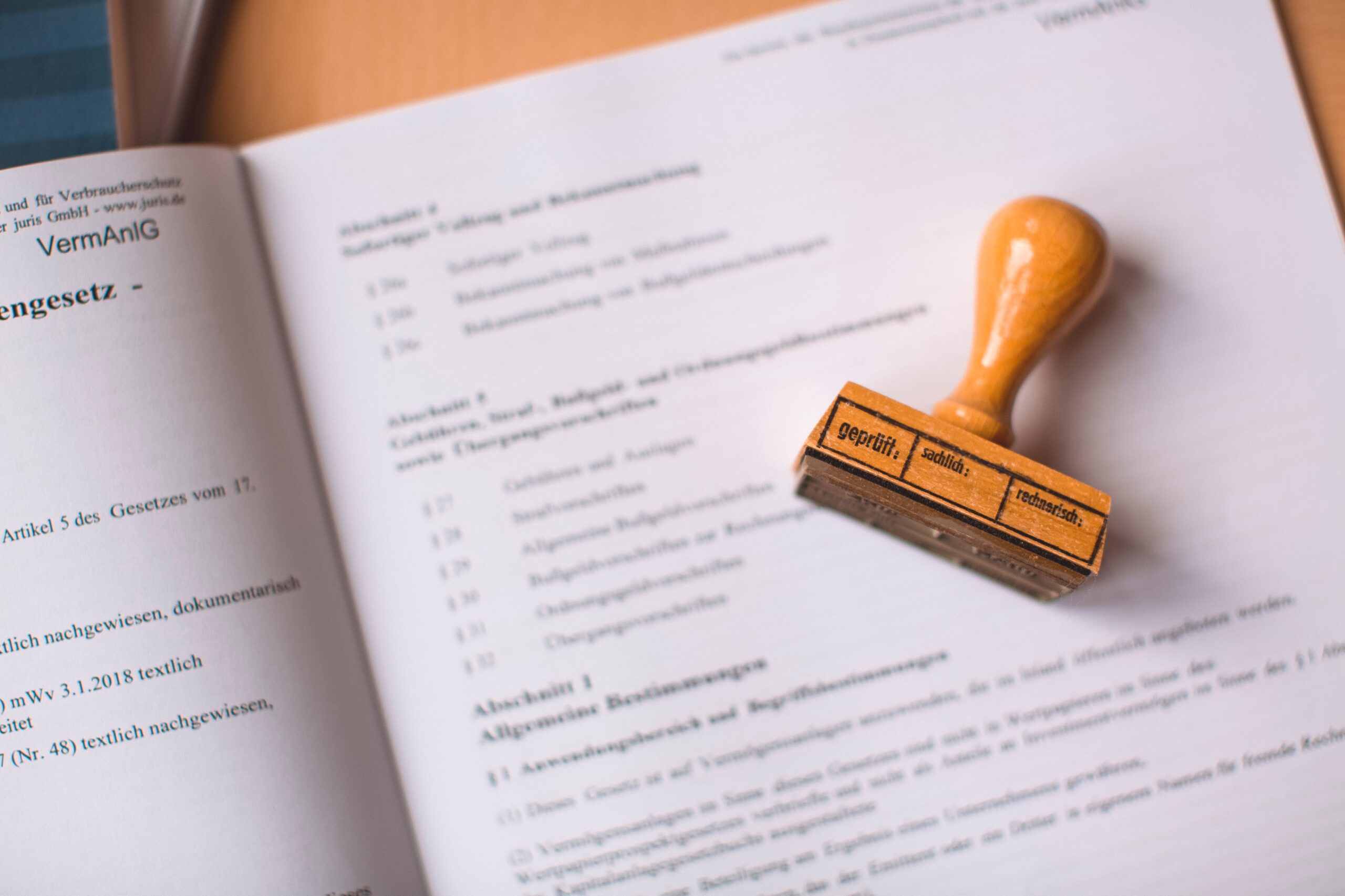Non-Imposition of Duties: Need for a Speaking Order

Author: Ojasvi Nautiyal, Legal Associate
The Ministry of Finance on 8th December 2021 issued an Office Memorandum stating its decision not to impose anti-dumping duty recommended by the DGTR on imports of Caprolactam from European Union, Korea RP, Russia and Thailand. The DGTR had issued its final findings on 27th September 2021 pursuant to a detailed investigation spanning a period of 12 months. Anti- dumping duties were thereafter recommended to be imposed on imports of Caprolactam in order to remedy the injury caused to the Indian industry due to the dumped goods.
The Office Memorandum (OM) of the Ministry of Finance provides that the Ministry considered the findings and recommendations issued by the DGTR. Nevertheless, the recommendations of the DGTR have not been accepted in light of the “overall public interest”.
However, in the recent judgement of Jubilant Ingrevia Limited vs Union of India and Others, Hon’ble CESTAT set aside the OM issued by the Ministry of Finance which stated the decision of non- imposition of anti-dumping duty on imports of Choline Chloride from China PR, Malaysia and Vietnam, as recommended by the DGTR. The CESTAT, while setting aside the OM, held that the Ministry of Finance was required to record reasons, showing considerations made before reaching a decision, especially where the Ministry of Finance decides not to follow the recommendations made by the DGTR.
Pursuant to the decision of the CESTAT, it is being considered that the Ministry of Finance is required to record a reasoned order or a speaking order clearly providing for the considerations made for arriving at the decision. The OM in question merely indicates that the decision to not impose duty is taken considering the “overall public interest”. The OM does not appear to meet the requirements laid down by the Tribunal, as it does not shed light on the factors examined by the Ministry of Finance to conclude that imposition of anti-dumping duty on Caprolactam would not be in the overall public interest.
On the other hand, the DGTR in its final findings analysed, in detail, the impact of imposition of anti-dumping duty on the larger public interest. The DGTR examined the submissions by the domestic industry as well as all other interested parties. Accordingly, the DGTR concluded that the impact of imposition of duty was very low on the end-users and would only provide a level playing field to the Indian industry, thus enabling them to compete with imports.
Further, it was noted that the duties would remedy injury caused to the domestic industry and if such industry is wiped out, the users would also suffer. Based on such factors, the DGTR concluded that the imposition of duty would not be against the public interest at large. The decision becomes more relevant considering that one of the companies, in fact, a Central Government Public Sector Undertaking, was out of production for a long period of eight years and had very recently recommenced production.
The OM issued by the Ministry of Finance does not provide sufficient justification for non-imposition of duties. Considering the findings of the CESTAT, it is doubtful that merely stating that non-imposition of duties is in overall public interest would discharge the obligation of issuing a reasoned order, particularly when the Ministry of Finance has decided not to follow the recommendations of the DGTR. Further, the requirement for a reasoned order has been emphasized time and again by the Hon’ble Supreme Court. It has been held that where an order affects the right of a citizen or a person, it is implicit that the principles of natural justice or fair play require recording of germane and precise relevant reasons as part of fair procedure. Therefore, while the decision to not impose duties is within the powers of the Central Government, it must provide reasons for making such determinations. Having regard to such legal position, the approach being taken by the Central Government may not be sustained by the CESTAT. The Indian Industry concerned has 90 days to prefer an appeal before the CESTAT.





